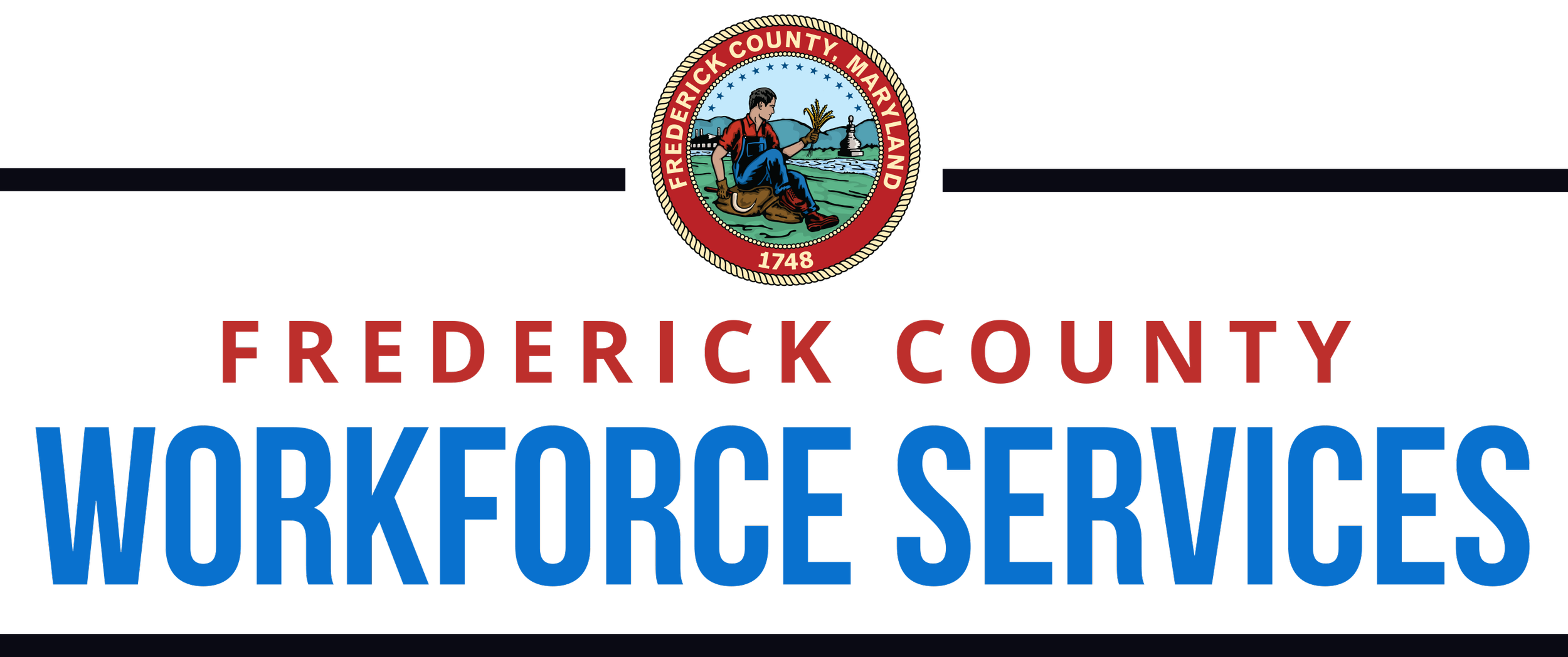Mental Wellness is Workforce Development
By Patty McDonald, PHR, CWDP, Program Manager, Business and Career Services
Why Mental Health Matters for a Stronger Workforce
Did you know that at any given time, one in five people are experiencing a mental health struggle? According to the National Alliance on Mental Illness, these challenges can impact a person’s ability to focus, problem-solve, manage stress, and maintain healthy relationships—all skills essential for workplace success.
That means mental health isn’t just a personal issue; it’s a workforce issue.
Burnout: The Hidden Barrier to Workforce Growth
The most common way mental health struggles show up at work? Burnout.
Burnout is more than fatigue; it’s a sign of deeper stress that leaves employees disengaged, unfocused, and unable to perform at their best. In the workplace, this may look like:
Decreased motivation and productivity
Trouble concentrating or completing tasks
Withdrawal from team collaboration
Reduced capacity for problem-solving and innovation
For businesses, that translates to stalled projects, higher turnover, and difficulty building a skilled and sustainable workforce.
Why Mental Wellness Matters to Business Leaders
Employers have long invested in physical health and professional skills to strengthen their workforce. Gym discounts, training opportunities, and tuition assistance are all common benefits. But mental wellness, the foundation of resilience, learning, and job performance, has often been overlooked.
That’s beginning to change. The effects of the pandemic, rising workplace stress, and shifting expectations mean today’s workforce is looking for employers who value and support mental wellness. Businesses that prioritize this approach see stronger employee retention, higher employee engagement, and a more competitive edge in recruitment.
Practical Ways to Strengthen Your Workforce Through Mental Wellness
Investing in mental wellness doesn’t require an overhaul of your workplace policies. Small, intentional steps can strengthen both your employees and your bottom line:
Check in with purpose: Meaningful one-on-one conversations can uncover early warning signs of burnout and strengthen employee trust.
Foster connection: Create spaces, whether through mindfulness breaks, wellness activities, or team building, that give employees room to recharge.
Educate and train: Equip managers with the tools to recognize signs of stress and connect employees with the necessary support.
Lead by example: Model healthy boundaries, encourage self-care, and make mental health conversations part of your workplace culture.
Resources for Frederick County Employers
The Mental Health Association of Frederick County (MHA) offers support that helps businesses strengthen their workforce:
24/7 Call Center Support — Call the Frederick County Hotline at 301-662-2255, 211, or 988 for confidential help and resource navigation.
Walk-In Crisis Care Center — No-cost, no appointment necessary, in-person or virtual support with trained crisis specialists at 340 Montevue Lane, Frederick, MD.
Speakers Bureau — Expert-led presentations tailored to businesses on mental wellness, resilience, and employee engagement.
Your employees are your most valuable investment. By incorporating mental wellness into your workforce development strategy, you’re not only supporting your people, but you’re also building the foundation for long-term business success.
For more information on bringing mental wellness to your workplace, visit www.fcmha.org.
